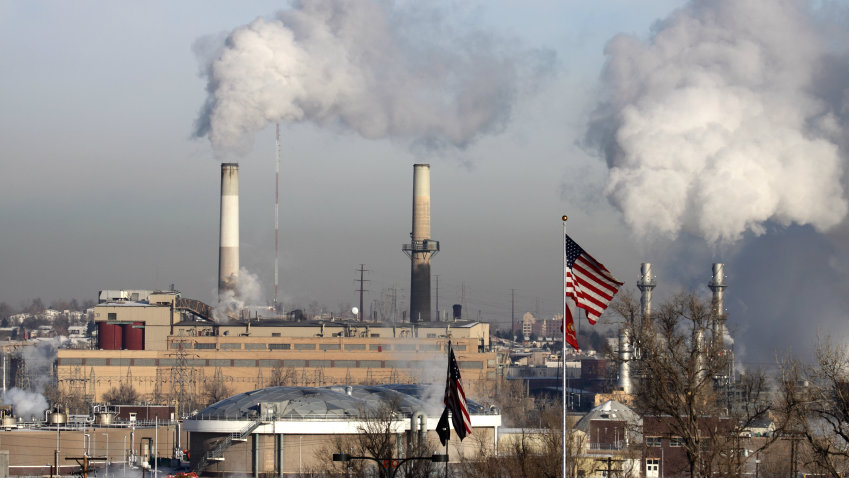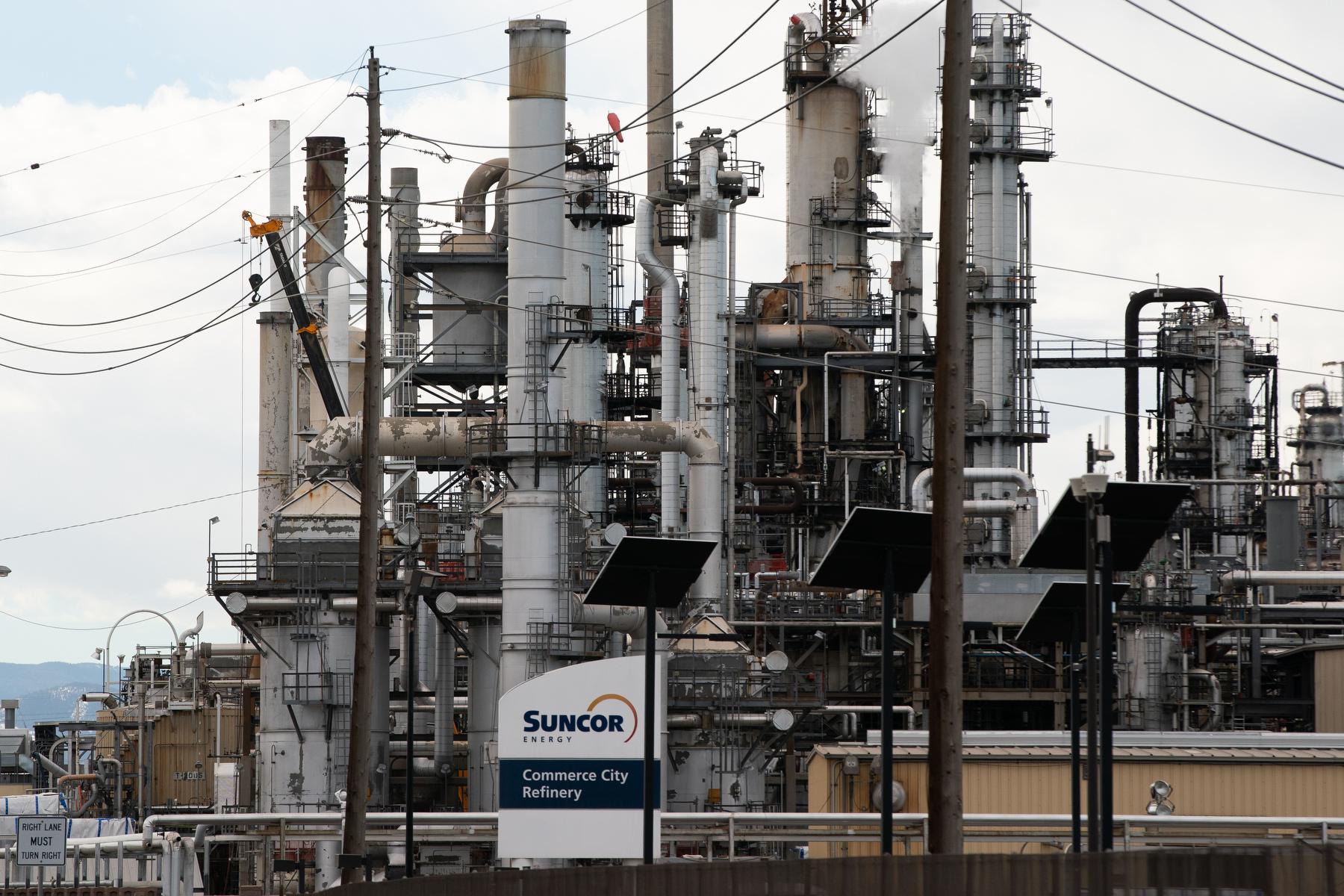
Executives at publicly traded companies like Exxon Mobil may soon be talking more about climate change. Financial regulators are taking a closer look at how these companies disclose the impacts of climate change.
New York Attorney General Eric Schneiderman said Monday that Peabody Energy didn't tell its investors all the financial risks from climate change and potential regulation. Peabody Energy, which owns a mine in Colorado, admits no wrongdoing, but it says it will now make disclosures that accurately and objectively represent climate impacts.
What Does That Mean For Other Companies?
“I think it’s a sign that companies are going to be scrutinized more carefully than ever before," said Timothy Smith, who heads Boston-based Walden Asset Management, a firm that specializes in socially responsible investing.
Walden doesn't own coal stocks, but it does own oil company stocks, like Chevron. Smith explains that as an investor, the firm pushes for more disclosure about who companies lobby politically and as well as financial impacts of climate change.
And every industry faces different risks, he says.
“It could be a company that has a refinery on the Gulf Coast. It could an insurance company or a bank that’s funding certain projects or companies like mountaintop removal," said Smith.
"What's happened with Peabody is a reminder that this is being taken even more seriously. That some companies didn't step up and honestly tell their story. And that's affecting investors, and it will affect the public."
The federal Securities and Exchange Commission does require publicly traded companies to disclose some information about climate change impacts. But those disclosure guidelines can be fuzzy.
“I think companies are going to be increasingly more forthright both voluntarily and because they’re going to be made to do so," said Steven Schueth, president of First Affirmative Financial Network in Boulder. The investing company helps clients divest from investments tied to fossil fuels.
More pressure was applied last week when New York’s Attorney General announced an investigation into Exxon Mobil to determine whether it lied to its shareholders about the impacts of climate change. The bottom line for investors is that it can be confusing to find out exactly how prepared some companies are to address the changing climate.
But Schueth adds that “a company’s ability to manage its environmental impact tends today to be a pretty clear proxy for good management.”
Measuring Environmental Impact
The London-based CDP is one repository for impact information. That’s where companies like Apple can disclose environmental impacts and carbon footprints. But the project is voluntary.
The Sustainability Accounting Standards Board standardizes data reporting on environmental topics for companies. Other tools generate qualitative ratings for companies based on things like fossil fuel use and a sustainable supply chain.
Donna Bebb, reasearch fellow at Stanford's Steyer-Taylor Center for Energy Policy and Finance, said those are just a few pieces of the overall puzzle. Right now it's really hard for investors to get the full picture.
“I think one of the reasons this is critical is because climate change is impacting a lot of companies now, and most investment analysts are not thinking about it that way," she said

For example, a company could be overvalued because investors don’t fully understand what the risks are. Bebb recently created a model to evaluate ski companies and climate. She analyzed declining snowpack, equipment and other costs to see what the impact was on Vail Resorts, which operates 11 ski areas.
The climate exposure model showed Vail Resorts' stock price was overvalued by about 14 percent.
“Part of the reason I did that was to try to prove how much of this data still isn’t being disclosed by companies who need to disclose it, and how much analysts are still missing from a critical material data standpoint to actually do this analysis," Bebb said.
Vail Resorts hasn’t reviewed the study but adds it's combating climate change. The company has reduced its energy use over the years, reducing use seven percent since 2008. Energy costs are typically the second highest cost for resorts after labor, according to Bebb.
Ultimately, Bebb said the climate exposure model could be modified and applied to other industries evaluate climate change impacts.









